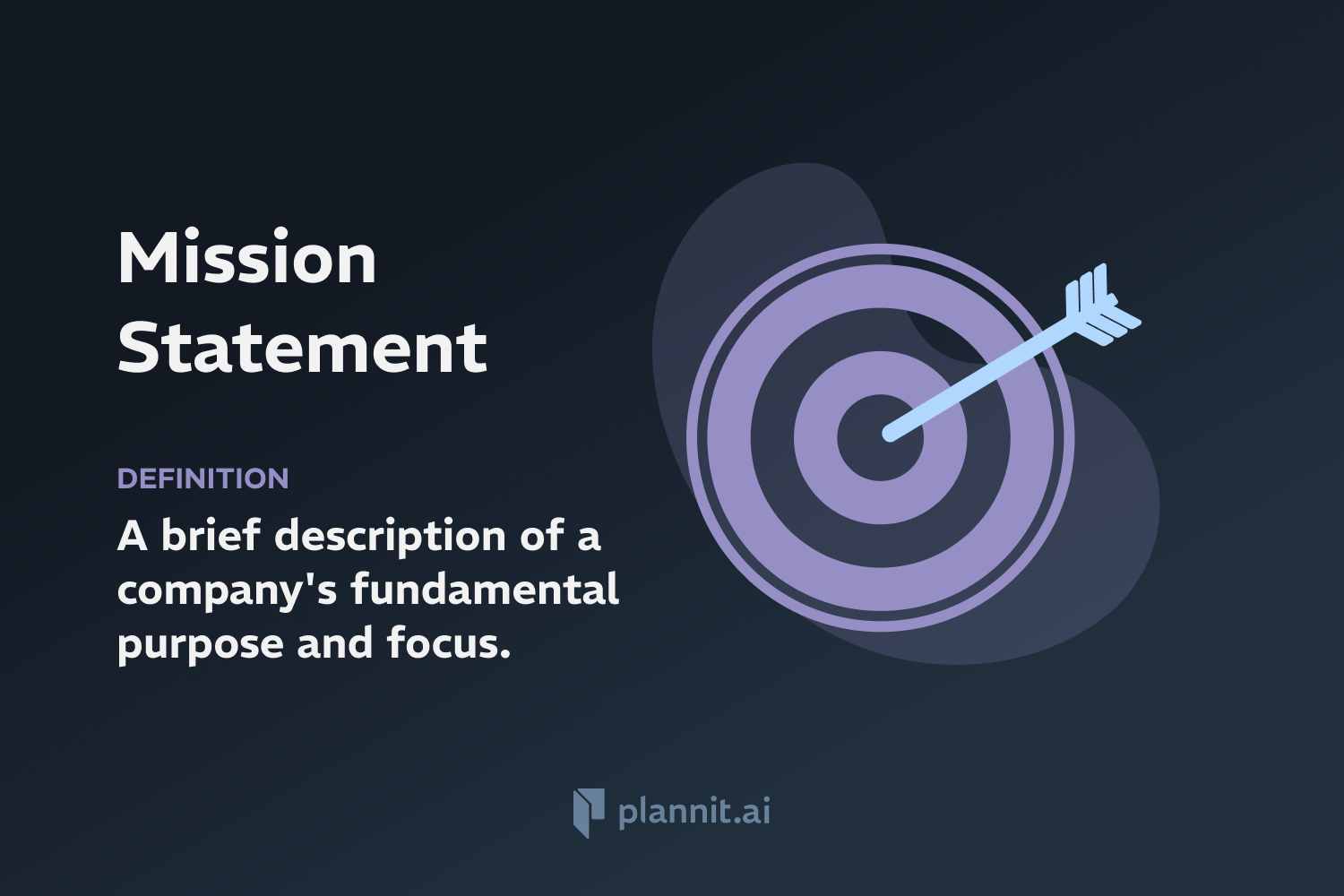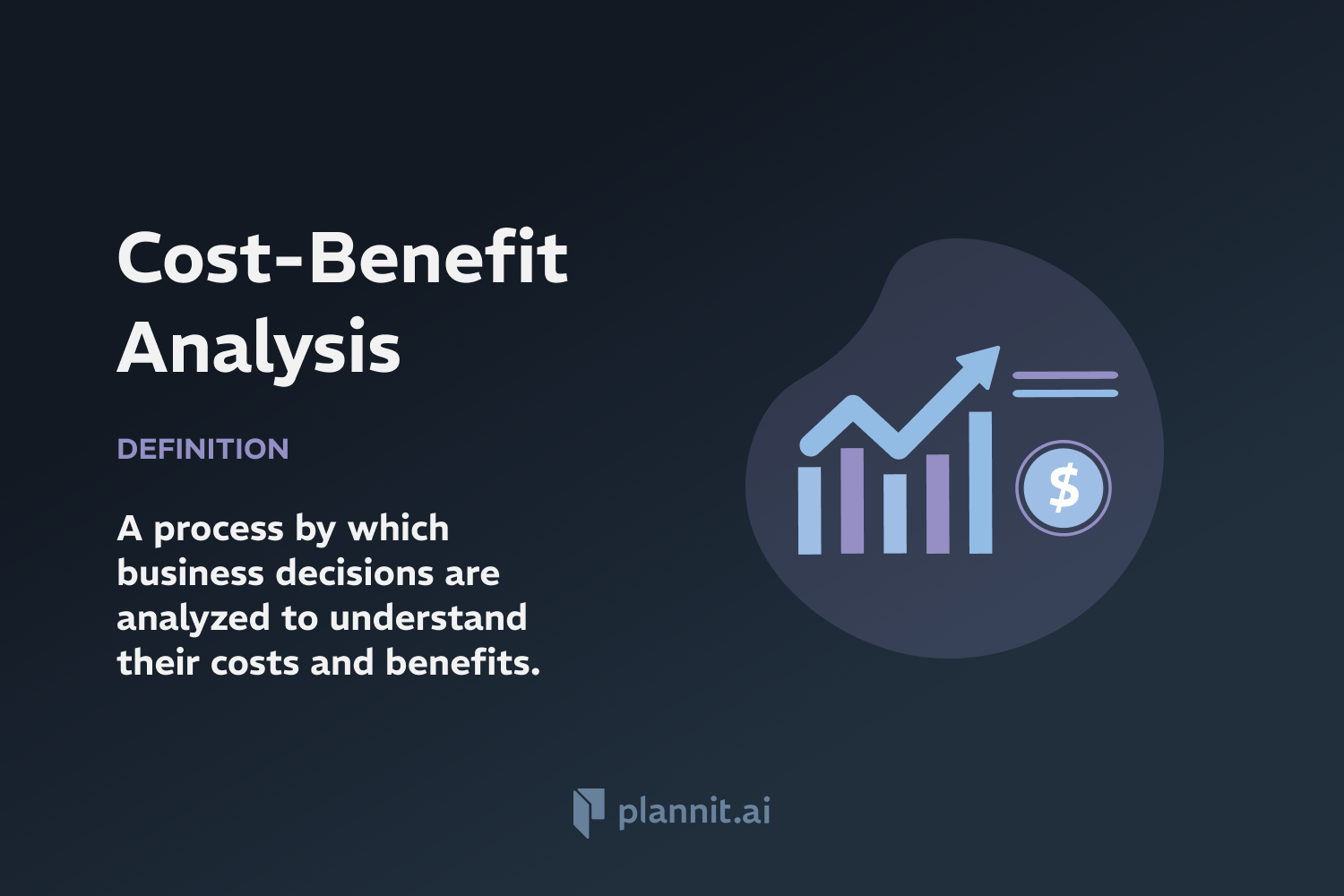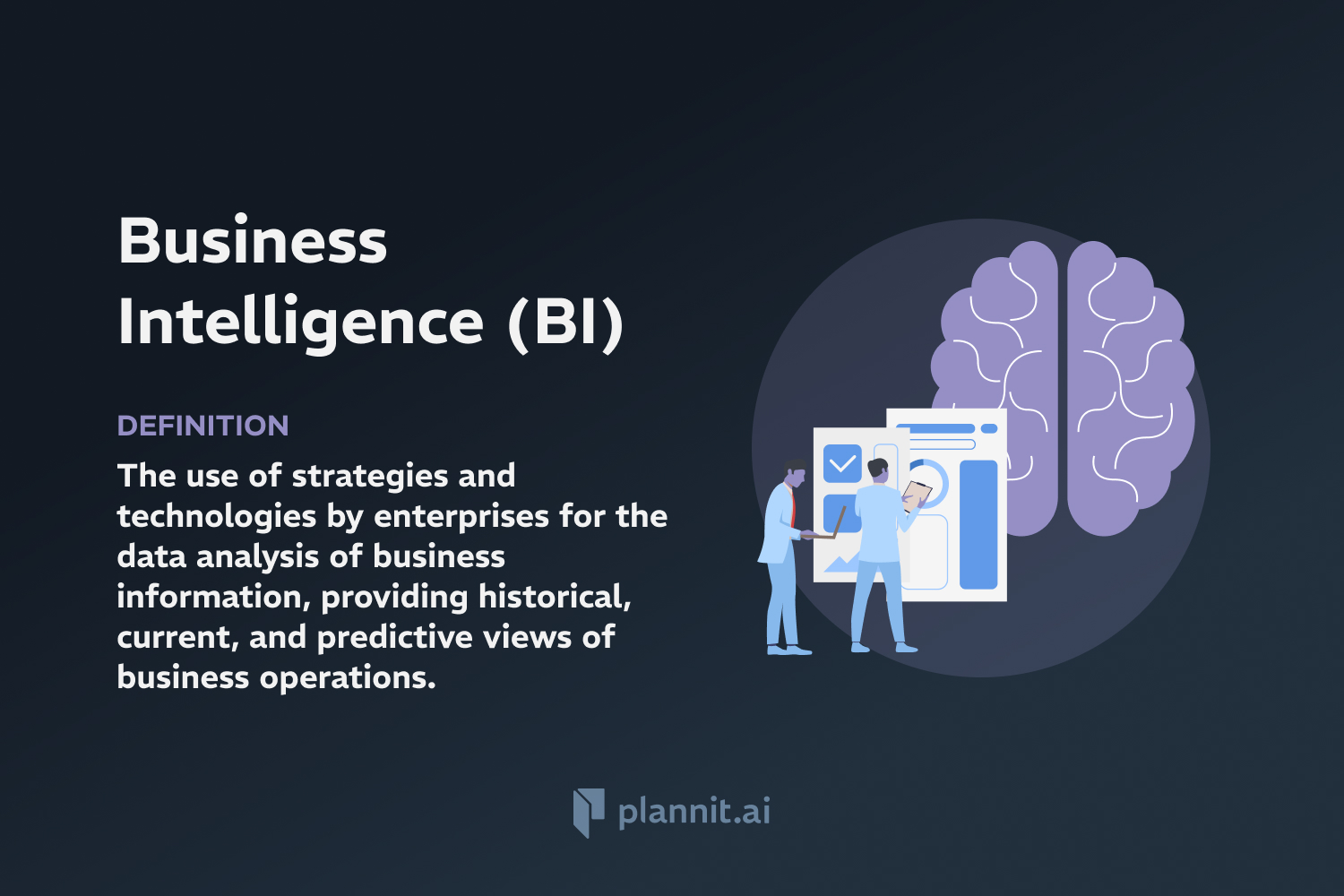Need Help With Your Business Plan?
Answer tailored questions and get a detailed business plan in minutes.
Liability: Definition & In-Depth Explanation
Definition:
Liability refers to a financial obligation or debt incurred by an organization or individual that requires settlement in the future, typically involving the transfer of economic benefits including cash, goods, or services.
Context of Use:
Liabilities are fundamental elements in accounting and finance, essential for understanding a company's financial structure. They are crucial for assessing the financial health and operational sustainability of an entity.
Purpose:
The primary purpose of recognizing liabilities is to provide an accurate representation of a company’s financial obligations. This helps in the fair assessment of its financial position, ensuring that stakeholders have a clear understanding of the company's obligations.
Example:
Accounts Payable: Money owed to suppliers for goods or services received.
Mortgages: Long-term loans used to purchase properties.
Related Terms:
Asset: Resources owned by a company expected to provide future economic benefits.
Equity: The residual interest in the assets of a company after deducting liabilities.
Accrued Expenses: Expenses that have been incurred but not yet paid.
FAQs:
1. What are the main types of liabilities?
A: Liabilities can be classified as current (short-term) or long-term, depending on their due date for settlement.
2. How do liabilities affect a company’s balance sheet?
A: Liabilities are listed on the balance sheet and are key in determining the company’s net worth by subtracting them from assets.
3. Why is managing liabilities important for a business?
A: Effective management of liabilities ensures that a business can meet its obligations without compromising its financial stability.
4. Can liabilities be beneficial?
A: Yes, strategically managed liabilities, like loans for business expansion, can provide benefits if they lead to greater economic returns.
5. What is the difference between a liability and an expense?
A: A liability represents an obligation to make future payments, while an expense is the consumption of economic benefits during the operational activities.
Get funding with a business plan that will impress investors.
Starting a New Business?



